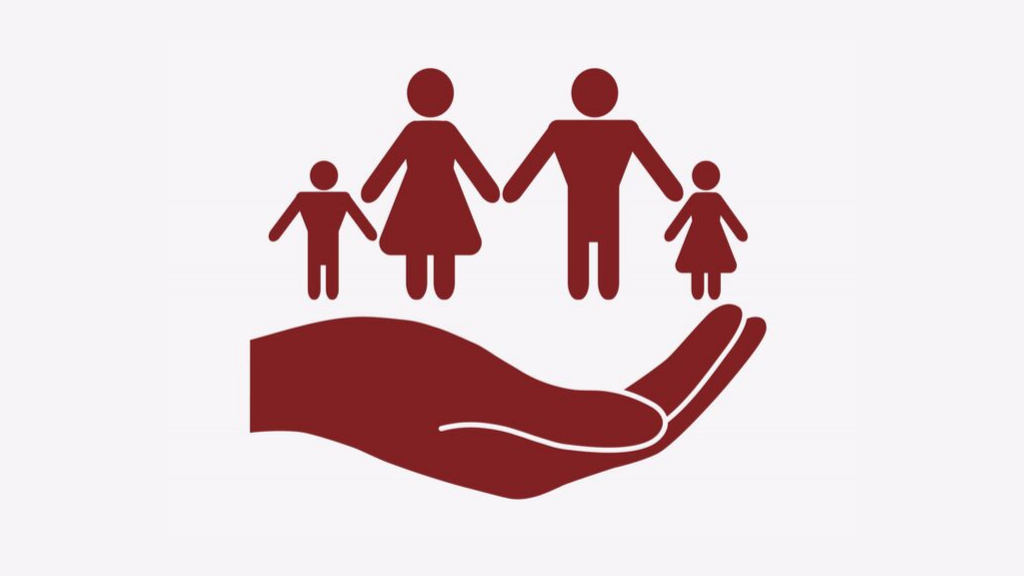Jane Millar is Professor of Social Policy in the Institute for Policy Research (IPR) at the University of Bath. David Young is a Doctoral Candidate in the IPR at the University of Bath.
Low-income families are faced with ongoing challenges in budgeting and balancing the regular costs of living with meeting the need for more occasional and one-off items. But it is not just expenditure that is ‘lumpy’ in this way. Income can also come into households at different times and in different amounts. Research with families looking in depth at money management highlights something of a paradox in the juggling of low income.
On the one hand there is a need for income to match needs, so that when circumstances change there is money available to ensure needs can still be met. Saving can do this for some, but low-income families often have little or no savings. So people need income that is responsive to change in needs or circumstances. On the other hand, people say that they need some security in income, that budgeting is easier when they know how much income they will get and when they will get it.
Those designing means-tested benefits must find ways to reconcile responsiveness to changes in income and circumstances with stability and security. Universal credit seeks to do this with monthly assessment and monthly payment. But evidence, for example from CPAG’s Early Warning System and from recent qualitative research, shows that some families struggle to manage over the monthly time period, and that the rigid nature of assessment can destabilise their incomes and challenge existing money management practices. Thus universal credit in its current form does not seem to meet the Secure Futures principle that social security benefits should allow families ‘to maintain their income security’. Are there other ways to help families achieve income security?
Income security is about having an adequate income, enough to live on so that people can feel that they are able to meet current needs and have some capacity to cover infrequent or unanticipated costs, and to perhaps save for future needs. Thus, as the International Labour Organization puts it, income security is about "actual, perceived and expected income" – about the present and about the future. In David’s ongoing research, income security was often defined in terms of both adequacy and predictability. For example, this working mother of two, stressed the importance of "knowing how much I’m going to have every month because you can kind of, you can live life less stressful like, if you know what your income is and what you got and what you have to pay out, it’s a lot easier when you don’t have to think - oh what am I going to be paid this month".
Child benefit is the most obvious way to provide a regular source of income to families, and is an amount of money that does not change when other sources of income change. Take-up is high. It is one of the simplest benefits in administration, and does not require frequent re-assessment. Increasing child benefit would be a well targeted way to enhance family income security. But we also have two other suggestions for consideration.
First there is a need to increase security by having some financial support that is "a fixed amount of money for a fixed period of time". Canada has something along these lines – the Canada child benefit is means-tested based on income tax and benefit returns, paid over a 12-month period from July to June of the next year, and recalculated annually. Unless marital status changes the payment remains the same for the whole year. There is some evidence that this fixed award is popular with recipients, who value the predictability. The UK has also used longer periods for awards in the past: in the 1970s Family Income Supplement was paid at the same rate for 12 months before re-assessment and in the 1980s Family Credit was paid for six months. But perhaps the most interesting example is the in work credit for lone parents, which ran between 2004 and 2013. This was paid at a fixed weekly rate for up to one year to lone parents who worked for 16 hours per week or more, having been out of work for at least 12 months. Recent analysis by Mike Brewer and Jonathan Cribb found that in-work credit was a well targeted measure that helped lone parents to maintain work.
Secondly, alongside fixing some payments, paying some benefits less frequently, in lump sums, could also provide a bit of the future security that people value. In the USA the earned income tax credit is paid to low and moderate earners, and most people choose to receive this as an annual tax refund. Research shows that people often use this to pay bills or meet larger items, acting as an enforced savings tool. In Australia the family tax benefit part A supplement, is payable as a lump sum per year per child. This helps to reduce overpayments elsewhere in the system but also provides families with a one-off payment. These lump sums have different forms and purposes but provide some ideas as to how the principle of ensuring some future income security could be addressed.
The UK social security system has become less orientated towards delivery of security over the years. The underlying assumption is that too much security offered by benefits will make people comfortable and so reduce their motivation to be self-supporting and independent. But arguably the opposite is true – that people need security in order to be able to make choices, to take risks and to support their children.
This blog was originally posted via the Child Poverty Action Group on 1 November 2019.
Respond




